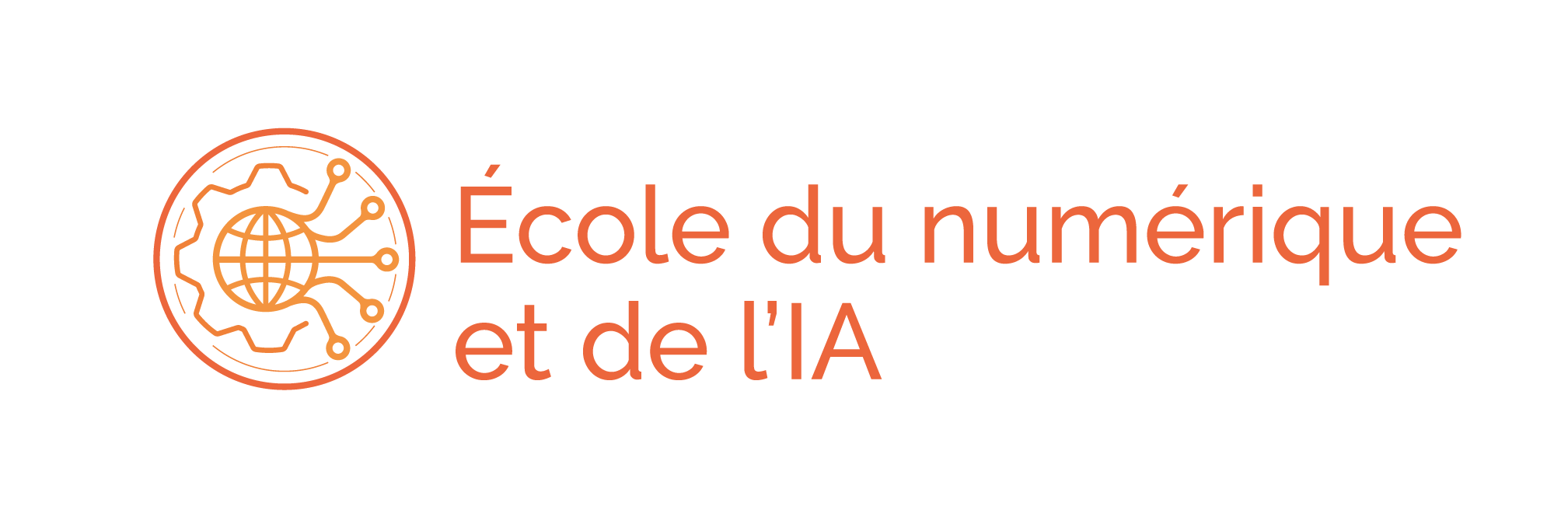Law and Policy of Digital Services
Code UE : DNT107
- Cours
- 4 crédits
- Volume horaire de référence
(+ ou - 10%) : 40 heures
Responsable(s)
Suzanne VERGNOLLE
Public, conditions d’accès et prérequis
This course is designed for professionals with an interest in both law and technology. It will be of use to a broad variety of professionals: in-house counsel, attorneys, legal experts in local authorities or administrations, lawyers in NGOs, Data Protection Officers, attorneys, compliance officers, internal control and risk management officers, human resources management, information technology consultants, people training for new occupations.
A general legal background is recommended (equivalent knowledge and qualifications of the UE DRA001) as well as a sufficient level in English.
A general legal background is recommended (equivalent knowledge and qualifications of the UE DRA001) as well as a sufficient level in English.
Présence et réussite aux examens
Pour l'année universitaire 2023-2024 :
- Nombre d'inscrits : 15
- Taux de présence à l'évaluation : 20%
- Taux de réussite parmi les présents : 100%
Objectifs pédagogiques
- Acquire the know-how and skills necessary to advise companies and administrations on their legal obligations relating to digital services
- Understand the recent legal developments of e-commerce
- Know the rules relating to online content moderation
- Know the rules relating to liability of intermediaries
- Understand the rules on competition in the digital markets
- Learn about the penalties for violating the rules on digital services
Mots-clés
Contenu
Since the early 2000s, the European Union has unfold a wide range of measures to stimulate and foster the development of the European digital market. Its strategy has recently accelerated, and the Union is becoming a “model” for digital regulation, a trend sometimes referred to as the “Brussels effect”.
This course offers several advantages for professionals. Participants will be able to gain in-depth knowledge of the latest European and national digital regulations. When discussing societal challenges brought by new technologies, professionals will thrive to develop critical thinking on the possibilities and pitfalls of any regulatory responses. Over the course, professionals will be learning how the law currently regulates digital services, in particular the rules relating to the liability of platforms, their due diligence obligations and the rules on moderation of online content (Digital Services Act, rules on the removal of terrorist content, Fake News Act) as well as those relating to competition in the online environment (Digital Markets Act). At the end of this course, professionals will be able to advise companies and administrations on the policy and legal aspects relating to digital services.
The course is primarily based on lectures but participants will be encouraged to engage in class discussions and small groups exercises. Participants will have to prepare at home a brief paper on a topic relating to the course.
This course offers several advantages for professionals. Participants will be able to gain in-depth knowledge of the latest European and national digital regulations. When discussing societal challenges brought by new technologies, professionals will thrive to develop critical thinking on the possibilities and pitfalls of any regulatory responses. Over the course, professionals will be learning how the law currently regulates digital services, in particular the rules relating to the liability of platforms, their due diligence obligations and the rules on moderation of online content (Digital Services Act, rules on the removal of terrorist content, Fake News Act) as well as those relating to competition in the online environment (Digital Markets Act). At the end of this course, professionals will be able to advise companies and administrations on the policy and legal aspects relating to digital services.
The course is primarily based on lectures but participants will be encouraged to engage in class discussions and small groups exercises. Participants will have to prepare at home a brief paper on a topic relating to the course.
Modalité d'évaluation
- Examen final
Contact
Voir le calendrier, le tarif, les conditions d'accessibilité et les modalités d'inscription dans le(s) centre(s) d'enseignement qui propose(nt) cette formation.
UE
-
-
Paris
-
Paris
- 2025-2026 2nd semestre : Formation ouverte et à distance (FOAD)
Comment est organisée cette formation ?2025-2026 2nd semestre : Formation ouverte et à distance
Dates importantes
- Période des séances du 02/02/2026 au 06/06/2026
- Période d'inscription : du 02/06/2025 à 10:00 au 06/03/2026 à 18:00
- Date de 1ère session d'examen : la date sera publiée sur le site du centre ou l'ENF
- Date de 2ème session d'examen : la date sera publiée sur le site du centre ou l'ENF
Précision sur la modalité pédagogique
- Une formation ouverte et à distance (FOAD) est une formation dispensée 100% à distance, qui peut être suivie librement, à son rythme.
- Regroupements physiques facultatifs : Aucun
Organisation du déploiement de l'unité
- Délai maximum de réponse à une solicitation : sous 96 heures (Jours ouvrés)
Modes d'animation de la formation
- Organisation d'une séance de démarrage
- Evaluation de la satisfaction
- Hot line technique
Ressources mises à disposition sur l'Espace Numérique de Formation
- Documents de cours
-
Paris
-
Paris
Code UE : DNT107
- Cours
- 4 crédits
- Volume horaire de référence
(+ ou - 10%) : 40 heures
Responsable(s)
Suzanne VERGNOLLE
Dans la même rubrique
- Accueil
- Actualités de la formation
- Comment se former et se financer?
- Rechercher par discipline
- Rechercher par métier
- Rechercher par région
- Catalogue national des formations
- Catalogue de la formation ouverte à distance
- Catalogue des stages
- Catalogue de l'alternance
- Valider ses acquis
- Notre engagement qualité
- Micro-certifications
















